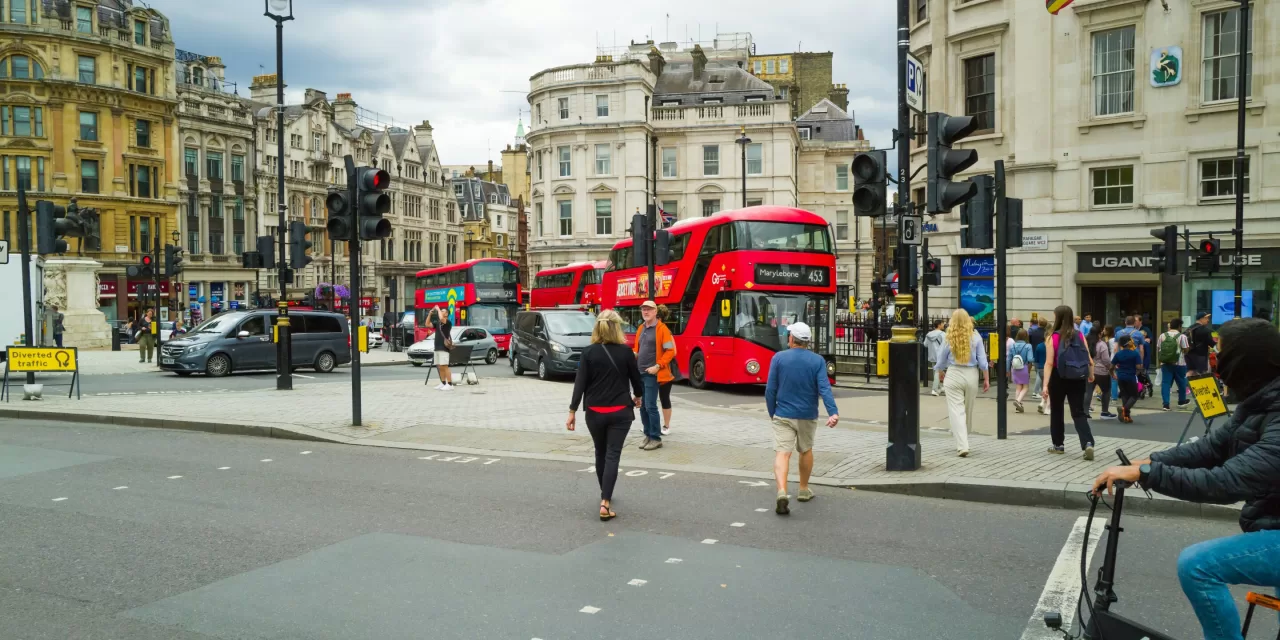November 27, 2024 | PLOS ONE
Research published on November 27, 2024, in the open-access journal PLOS ONE has revealed that manmade sounds, such as vehicle traffic, can negate the positive effects of nature soundscapes on stress and anxiety levels. The study, led by Paul Lintott from the University of the West of England and Lia Gilmour from the Bat Conservation Trust, UK, highlights how anthropogenic noise can hinder the health benefits typically associated with natural sounds.
Previous studies have shown that nature sounds, such as birdsong or the rustling of trees, can reduce blood pressure, heart rate, and self-reported stress. In contrast, noise from human activity, including traffic and aircraft, is linked to negative health outcomes, including increased stress and anxiety.
In this new research, 68 student volunteers listened to three different 3-minute soundscapes: one featuring natural sounds recorded at sunrise in West Sussex, UK; one with the same natural soundscape combined with moderate traffic noise (20 mph); and another with higher-intensity traffic noise (40 mph). Participants’ mood and anxiety were assessed before and after listening to the soundscapes using self-reported scales.
The results revealed that listening to the natural soundscape alone led to the lowest levels of stress and anxiety, while traffic noise significantly diminished these benefits. Specifically, the presence of 40 mph traffic noise led to the highest levels of stress and anxiety. The study also found that the natural soundscape helped participants recover their mood after a stressor, but this effect was less pronounced when traffic noise was included.
The researchers suggest that reducing traffic speeds in urban areas could not only improve safety but also have a positive impact on public health and well-being by enhancing the potential benefits of natural environments.
“Our study shows that while natural soundscapes can promote well-being, traffic noise can mask their positive effects,” said Lintott and Gilmour. “Reducing traffic speeds in cities could be a simple yet effective step towards improving the mental health and well-being of urban populations.”
This research underscores the importance of considering the role of sound in urban planning and public health, particularly as cities strive to create more peaceful, nature-connected environments.
For more details, the full study can be accessed in PLOS ONE under the title “Natural soundscapes enhance mood recovery amid anthropogenic noise pollution.”
Journal Reference: PLOS ONE (2024). DOI: 10.1371/journal.pone.0311487












